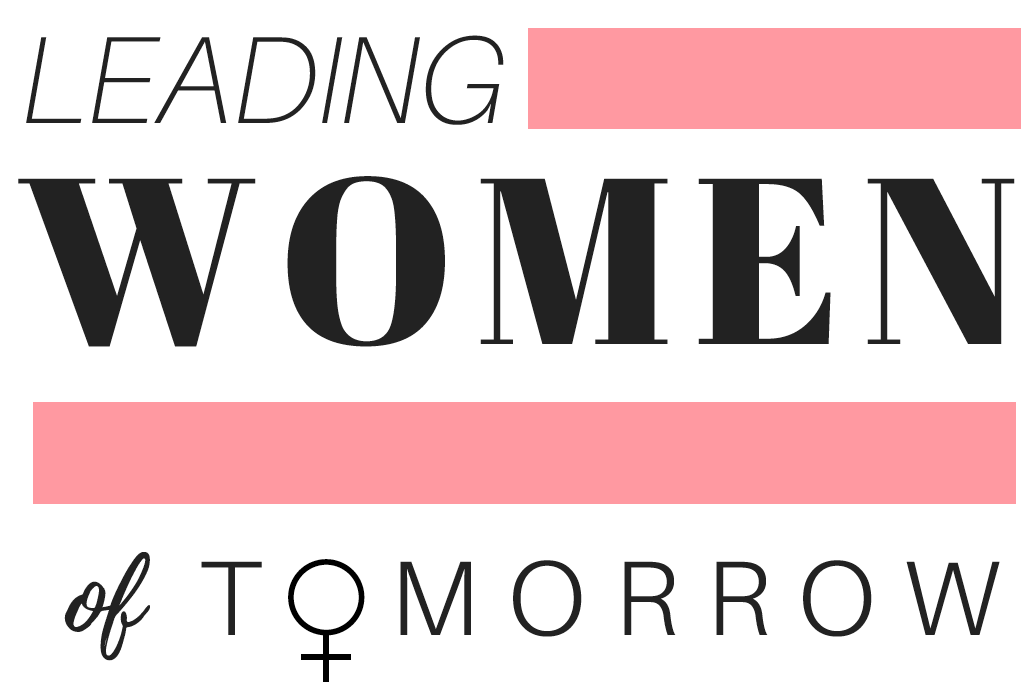"Slacktivism"
Hour Detroit
“Slacktivism” refers to the small actions that a person does from one’s home. These small actions can include signing a petition, donating money, sharing information on social media, attending webinars, and much more. Slacktivism can lead to real and lasting change, despite the word slack being in the term. In the digital age and during a global pandemic, digital advocacy is extremely important and necessary. Social media apps like Instagram, Twitter, and Facebook spread information and news almost instantly. Some people prefer to sign petitions from home or share an activist's graphics instead of attending protests. I think that this is for many reasons. One, it is much more difficult for disabled people to attend a march or protest. Protests during a global pandemic also make it much more inaccessible for people who are immunocompromised and have chronic illness or pain. Many people choose to use slacktivism because they may not have the time to physically dedicate. BIPOC (Black Indigenous People of Color) and the LGBTQ+ communities face other roadblocks to protesting, such as police presence.
A Ted Talk titled, “One small action can change the world” is a message for young people and parents to know that it is never too early to act. Zymal Umar, now 13 years old got the idea at age 7 to start making shopping bags out of newspaper when she saw the insane amount of plastic being used. She was startled to learn the amount of waste and trash that is accumulated in Pakistan. The money she got from selling these bags, she donated to various foundations and schools for the disabled in Pakistan. In the Ted Talk, she states, “I have decided that if you want to take action, it is not difficult at all.”
Zymal Umar is an outstanding young girl that used her creativity and compassion to create change. Her message that even the smallest of ideas can yield great change, is what the point of slacktivism is. The idea that we need to be on the front lines of every single social justice movement is not sustainable and nearly impossible. Simply using our voices, our platforms, and our money to create change is great. Many social justice issues are interconnected, so when we use slacktivism we also can dedicate small amounts of time and energy to various intersectional issues.
For me personally, I have been attending protests for a few years now because that is what I enjoy taking part in. With a global pandemic sweeping through our communities, I am more hesitant now. Some things that I do from my home is donating to bail funds, sharing information on Instagram, reading, and signing petitions. Slacktivism is going to look different for different people. Using social media platforms, no matter how small, is an excellent way I like to use my voice about the various social justice issues going on in the world right now. Again, once you decide to take action, it is not difficult. We only deem it to be difficult because we might think that our small actions won’t make a difference. That attitude and notion is dangerous because we have seen petitions and social media outcry lead to arrests and overdue conversations are taking place from the workplace to schools.
We have a choice whether or not we want to participate in activism. Although we may never see or feel the outcome of our activism, we must keep going. Social justice issues do not get solved overnight. In a Medium article titled, “Activism As Self-Care: How to Energize the Most Important Work of Your Life,” the author discusses the idea of making activism a more reactive experience. I tend to find that my slacktivism is reactive because when I see injustice I react with anger, fear, and adrenaline. The author Ragen Chastain states, “When we take immediate action -- no matter how small -- it can remind us that we are someone who fights the injustice we see, and bring us back to a better place emotionally and even physically.”
Petitions to sign:
https://www.change.org/p/andy-beshear-justice-for-breonna-taylor?use_react=false
https://blacklivesmatter.com/demand-racial-data-on-coronavirus/
Where to donate:
Instagram Accounts to Follow:
Theslacktivists
Soyouwanttotalkabout
Blairimani
Theconsciouskid
Ibramxk
Privtoprog
Wearyourvoice
I_weigh
Unitedwedream
Colorofchange

